The Disruptive Octopus: Tentacle 1
Critical Foundational Learning and Analysis
This is part 2 of a multi-part article that details how Seed Strategy leveraged the 8 tentacles of disruptive innovation to help the Ball Corporation launch the Ball Aluminum Cup®. Please click here if you want to begin at part 1 of the article.
Background: How Seed Helped Launch the Ball Aluminum Cup®
Seed Strategy was called upon to become part of an entrepreneurial team that would launch the Ball Corporation’s first B2C product since the Mason jar—the Ball Aluminum Cup®. This new competitor to plastic disposable cups features a sleek, modern design and most importantly, is made with 100% infinitely recyclable aluminum, making it a far more environmentally friendly choice consumers can feel great about.
The Seed team was tasked with providing a well-researched basis of interest then helping translate the idea into a growing business with ongoing marketing support, all in less than a year.
Here’s a look at how we leveraged the talents of our multi-faceted team and the 8 tentacles of disruptive innovation to make it happen.
Tentacle 1: Critical Foundational Learning and Analysis
Challenge: The Ball Aluminum Cup® team needed to answer key foundational questions about the product (the target, core insight, most appealing benefits and RTBs, etc.) and use that information to validate the business case, formulate a launch plan and justify a multimillion-dollar investment in a new manufacturing plant—all in less than 30 days.
Action: Powered by the research expertise of Burke, Inc. (Seed’s parent company), the Seed + Burke team applied its collective expertise in research, brand strategy and strategic analysis to design research and blend data from multiple research streams into a comprehensive recommendation—including the business case and launch plan best suited to utilize the capabilities of the proposed new manufacturing facility.
Results: Seed + Burke’s agile approach to research and analysis identified target channels, produced consumer insights that illuminated audience targets (consumer and operator), built the rationale to support the capital investment required to build the new manufacturing facility, and validated an iterative B2B and B2C launch plan based on transactional learning through in-market pilots.
Key Tools/Processes:
-Seed + Burke, Inc. Partnership
-Quantitative and Qualitative Research
-Consumer Decoding and Illumination of Consumer Segments
-Product Launch Planning
-Strategic Analysis
-Strategic Narration and Storytelling
Please click here to continue to the next section of the article about Tentacle 2: Channel and Business Model Innovation—or click here to read the full-length version of the article.
Contact Sean Smyth to learn more about how Seed can help with your next disruptive innovation effort.
Written by Eric Scheer and Adam Siegel.
Eric Scheer is President, Chief Strategy Officer at Seed Strategy where he leverages his rich experience as an entrepreneur, designer and strategist to expertly lead the agency and help clients achieve meaningful growth.
Adam Siegel is the Editor of The Accelerator and VP, Creative at Seed Strategy where he draws upon his diverse experience in advertising, research and innovation to craft breakthrough creative and winning copy.
Connect with us! Follow Seed Strategy on LinkedIn, Twitter, Facebook.

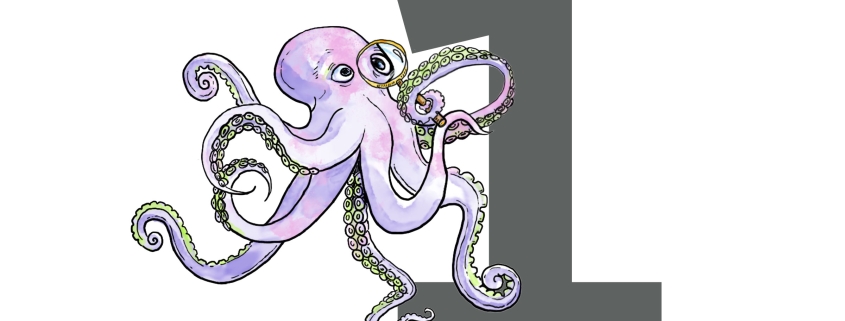


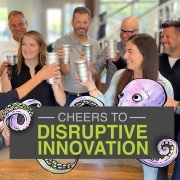

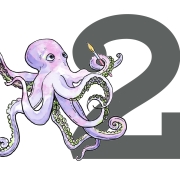
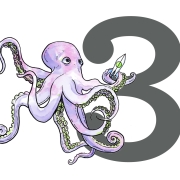
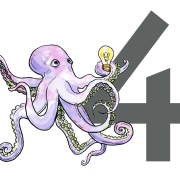
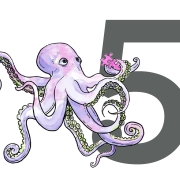

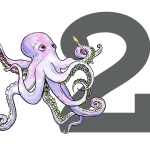
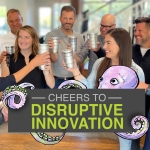
Trackbacks & Pingbacks
[…] click here to continue on to Tentacle 1: Critical Foundational Learning and Analysis, or click here to read […]
Comments are closed.